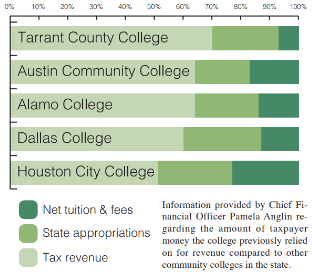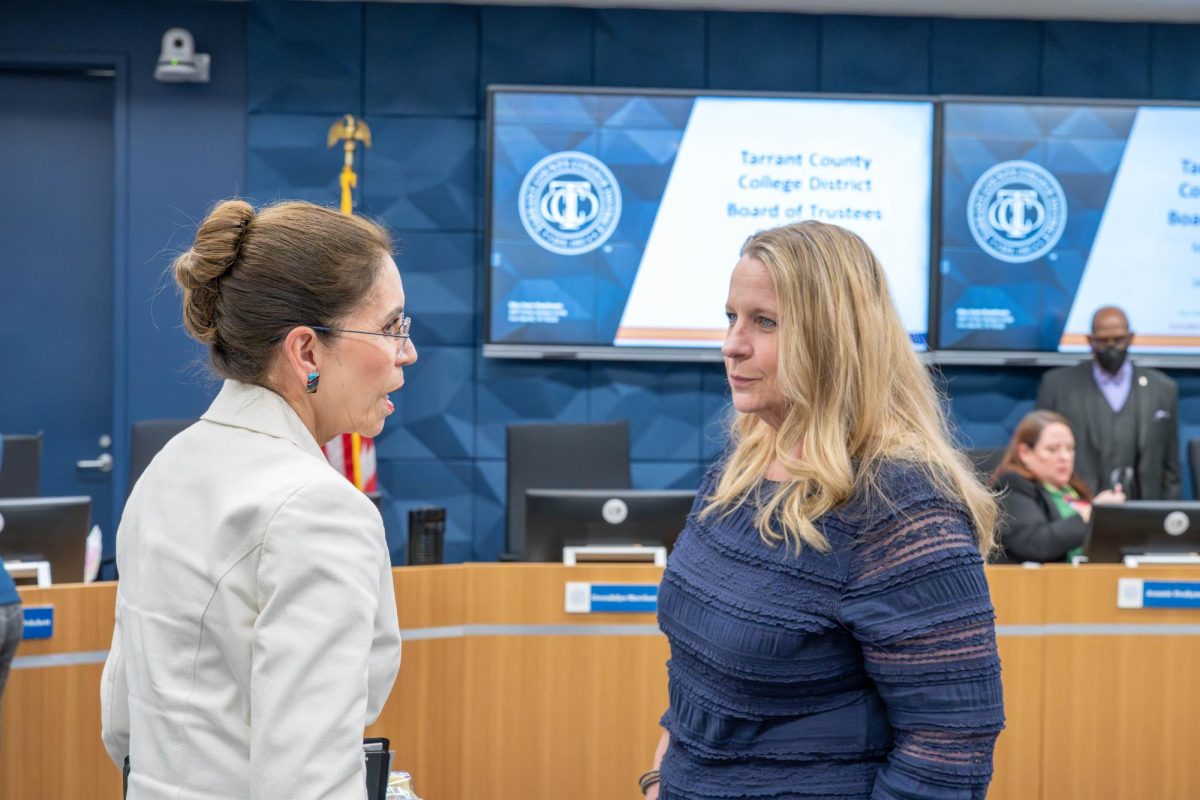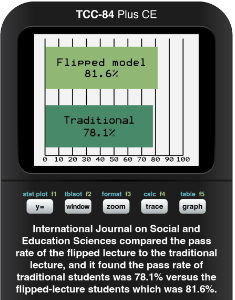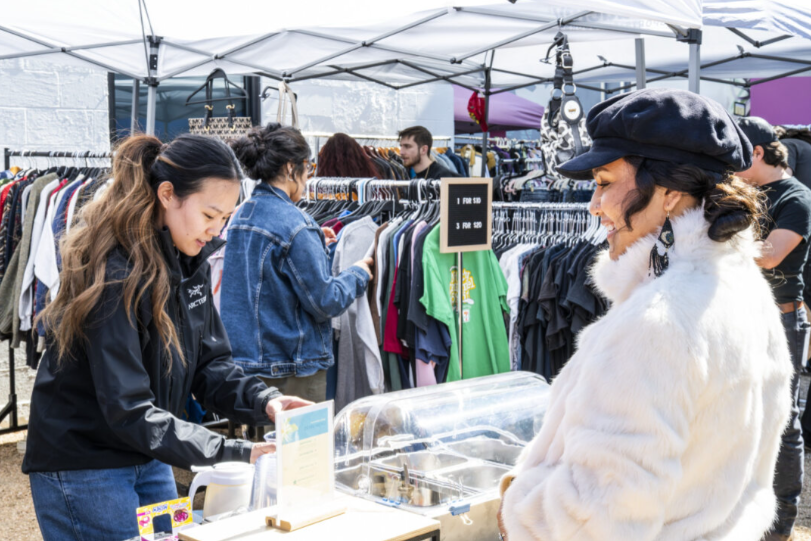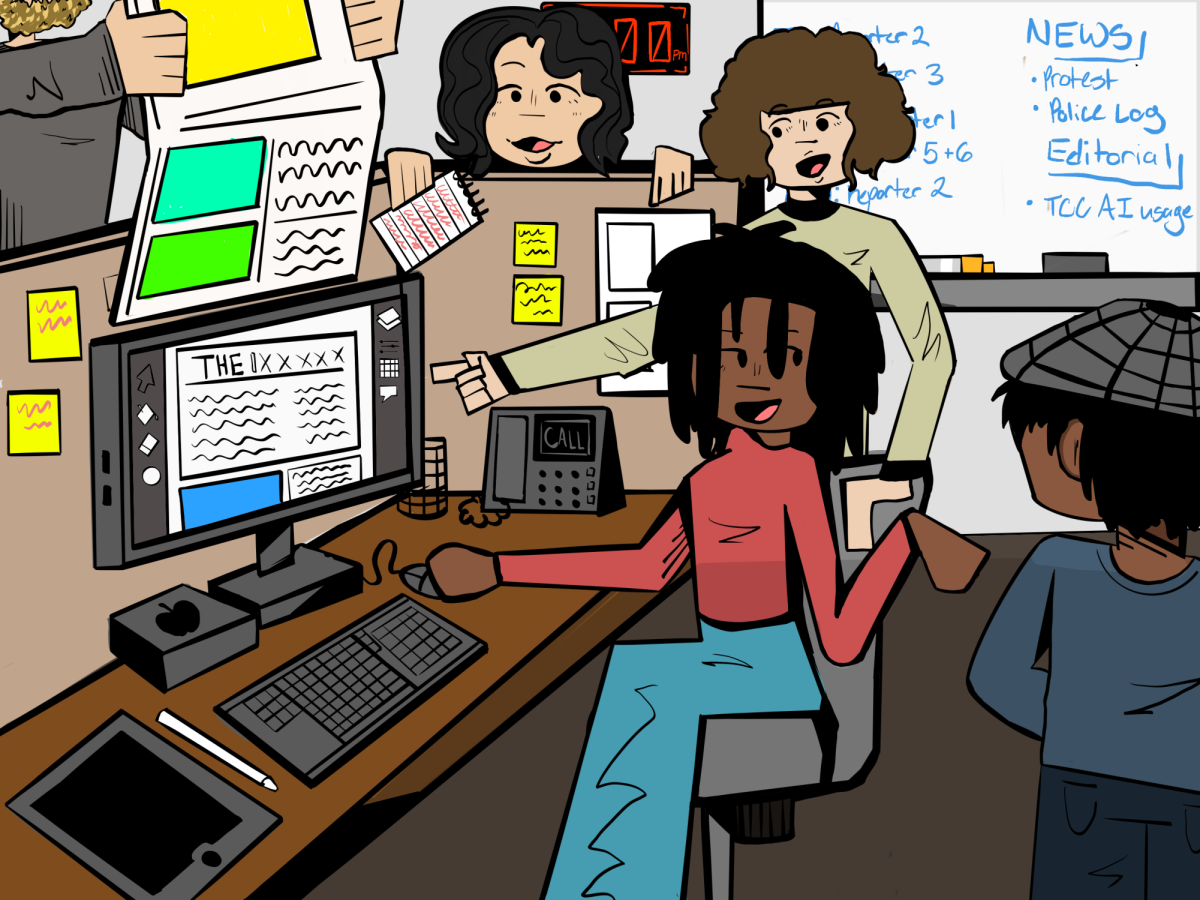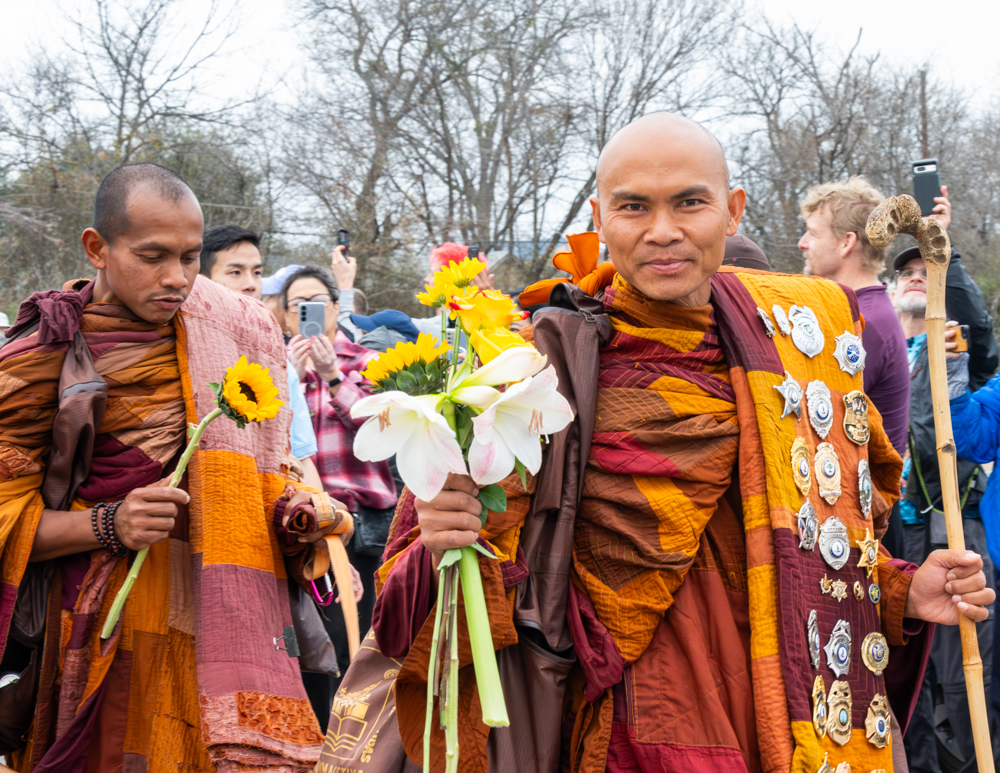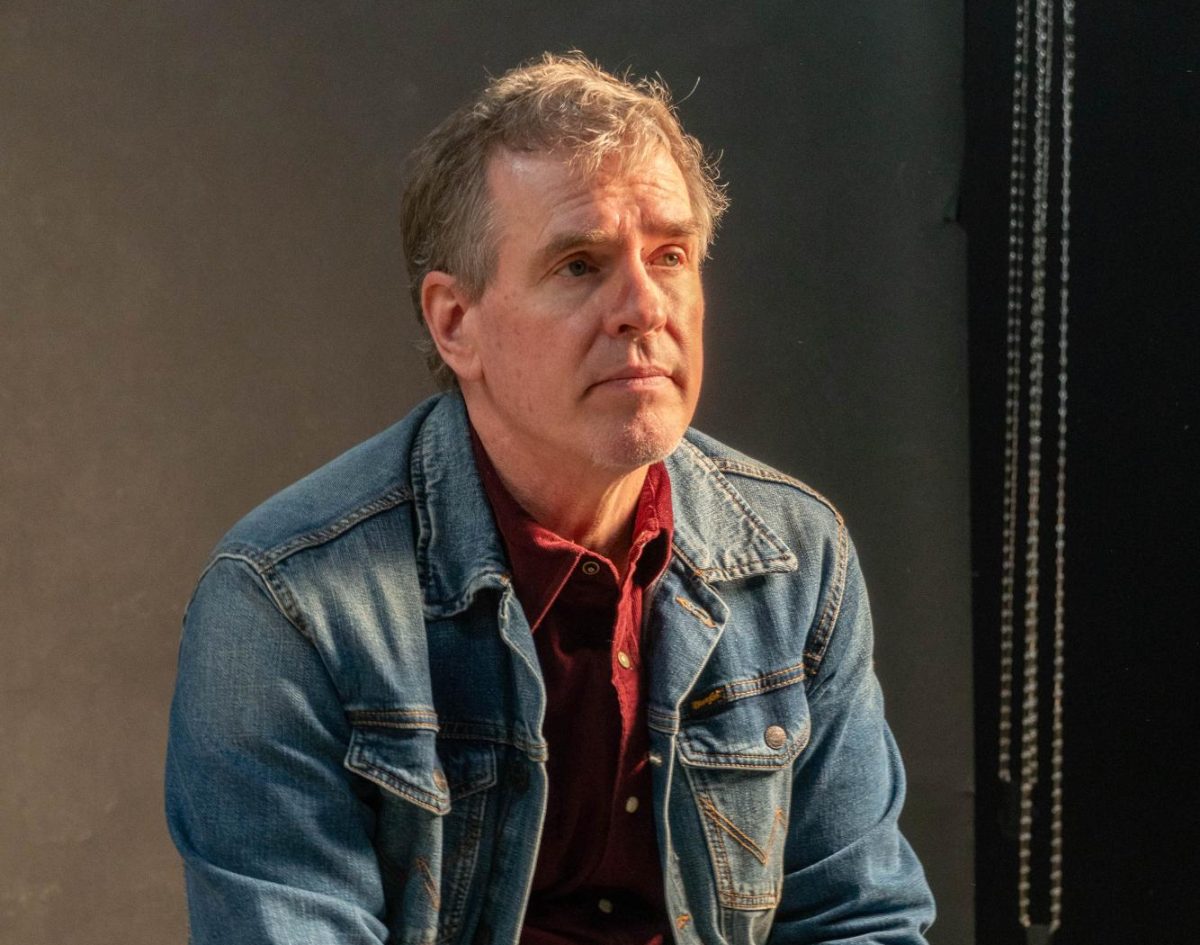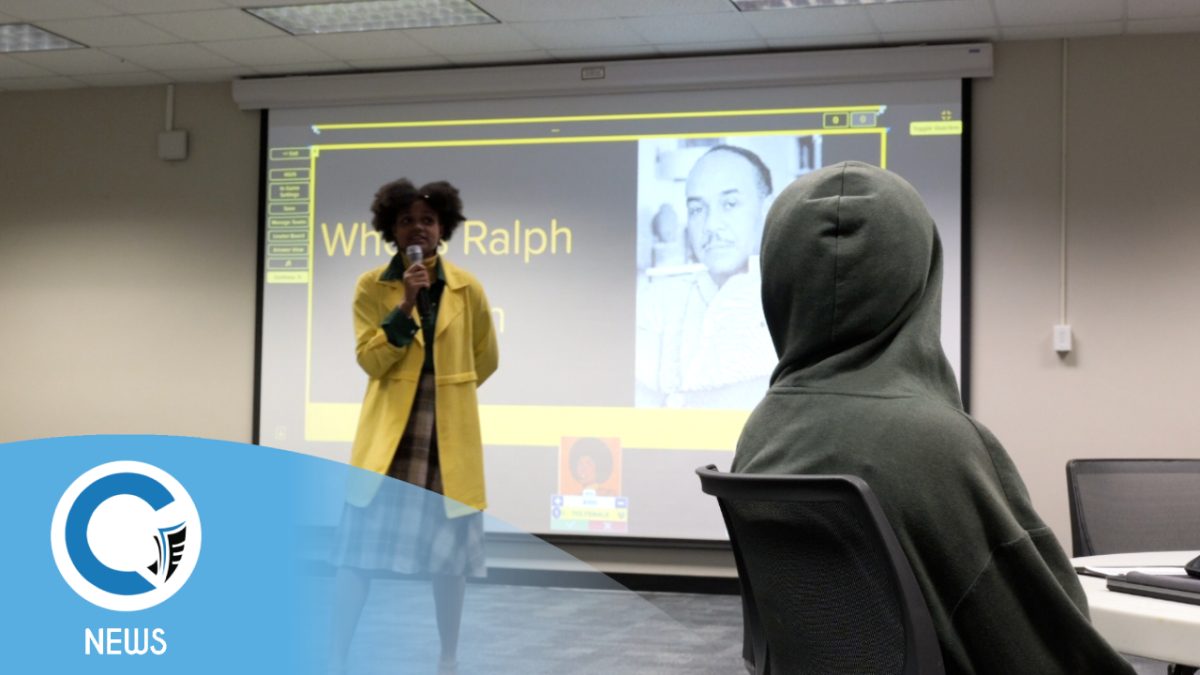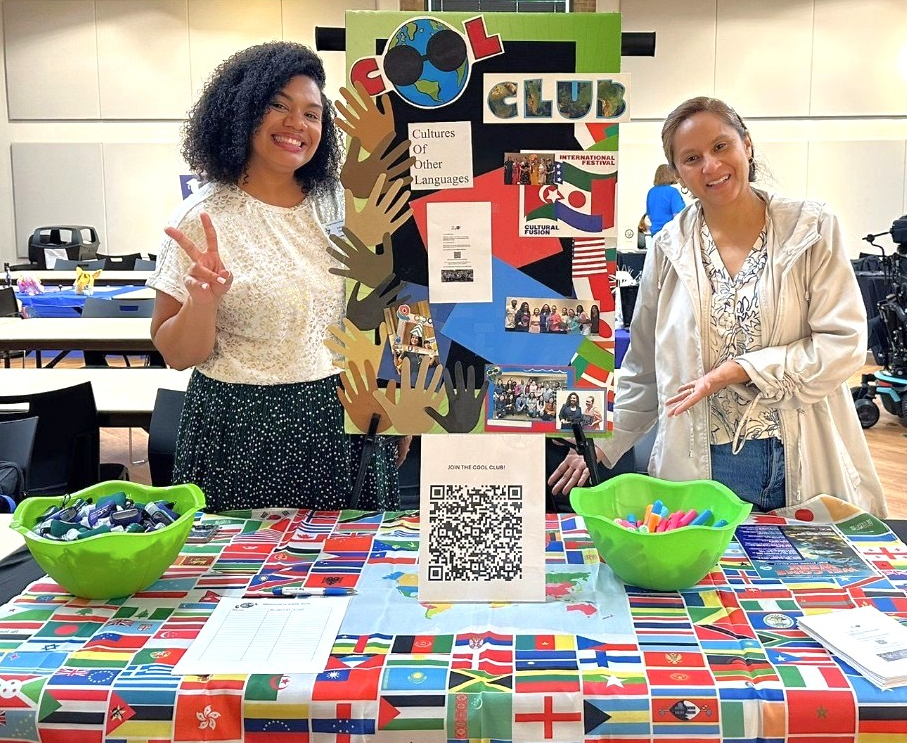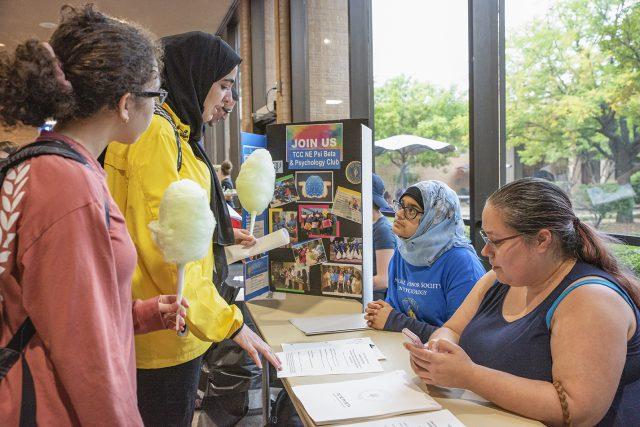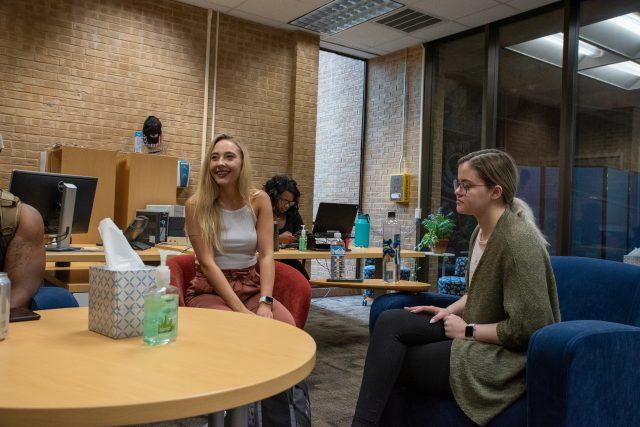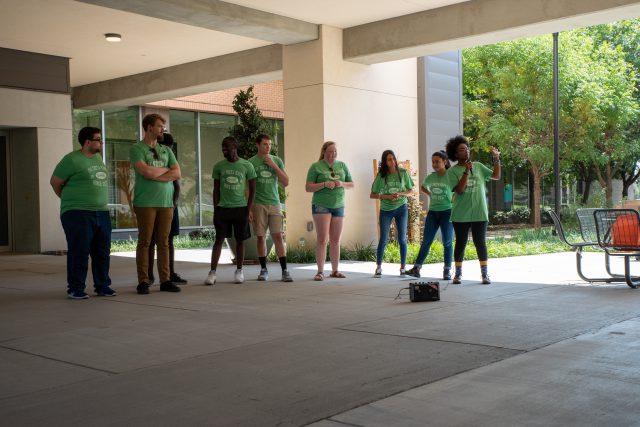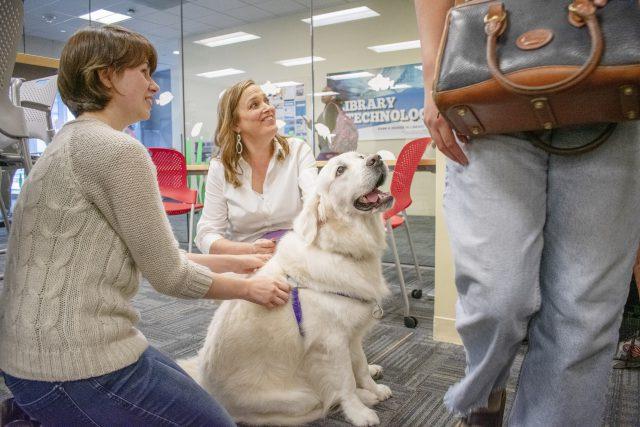| September, 11, 2019 | Jill Bold | campus editor |
|---|
Human trafficking is modern day slavery.
“It is the exploitation of men, women and children for forced labor, for forced sex, by a third party for their own profit or gain,” Kirsta Melton of the Texas Attorney General’s office said at her presentation Sept. 5 in the NFAB theater on NE Campus.
Citizens of all kinds are “often unknowing or unwitting contributors to the demand side of the human trafficking equation,” according to Melton. Her presentation gave insight into links surrounding human trafficking, pimp culture and pornography to an audience of Hurst city leaders, law enforcement, students, faculty and representatives from all campuses.

Kirsta Melton of the Texas Attorney General’s office speaks about the dangers of human trafficking during her presentation.
Melton describes the definitions of trafficking and addresses the myths surrounding the issue. She said the myth that benefits human traffickers the most is that people believe this crime isn’t happening where they live.
“There are urban, suburban and rural communities [in Texas] that are being impacted by the crime of human trafficking,” Melton said.
Closely linked with human trafficking, Melton defined pimp culture as the battle between pimps having control and hoes taking orders. She said it is normalized in our country when pimps are seen as “winners” in a culture where winning is paramount, and winning reaps rewards.
She described pornography as prostitution and often rape on film. Demand for pornography propagates the billion dollar industry, and has been used to groom potential victims. A call to reduce demand for pornography, to listen to the messaging in our culture and rejecting harmful messages, as well as watching for signs of abuse in others can help fight human trafficking problems, according to Melton.
One ad that Melton played for the audience was a commercial that aired during a popular daytime talk show. An ad created to sell cologne, the images in the commercial portrayed powerful men subduing women and adversaries and receiving women as the spoils of victory. She said that this advertising, most notably during the daytime hours, helps normalize and glamorize the oppressive content.
Melton played a recruiting video from Sugar Baby University, a network of sugar daddies and sugar babies on college campuses in the U.S. Their extended advertising video attempts to recruit young college women and men, and promise them tuition money, travel opportunities and “the finer things in life” in exchange for sex with older men and women. Melton likened this “seeking arrangements” relationship to that of a pimp and a hoe.
“University of Texas San Antonio was just published as one of the top 20 fastest growing ‘seeking arrangements’ universities in the country. Why? Because we normalize exploitation,” Melton said.
At the conclusion of her presentation, she asks for questions and comments from the crowd. Hurst City Manager Clay Caruthers begins the round of questioning by expressing his gratitude to Melton for inspiring the city employees to develop new strategies to combat these trafficking issues locally.
Caruthers cited Melton’s example of the recent human trafficking raids in massage parlors in Granbury as his inpiration for new strategies to combat human trafficking concerns in Hurst.
“We have received calls from citizens who are worried about some of the massage parlors and things like that in town,” Caruthers said. “We do want to join forces with you to fight back … you will be hearing from us.”
NE president Kenya Ayers thanked Melton for her presentation, and announced that Melton would return at a later date to TCC to speak again.
“I know you’ve already committed to coming back to campus, we look forward to that,” Ayers said.


